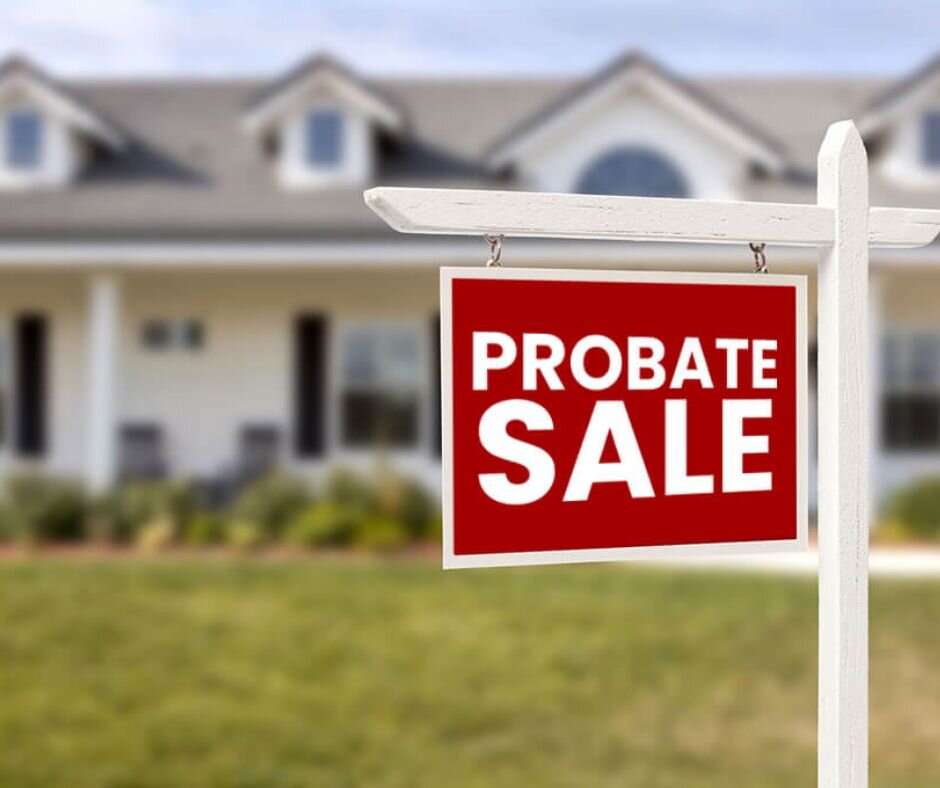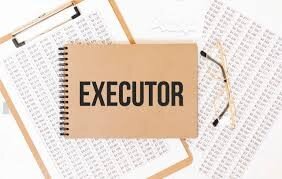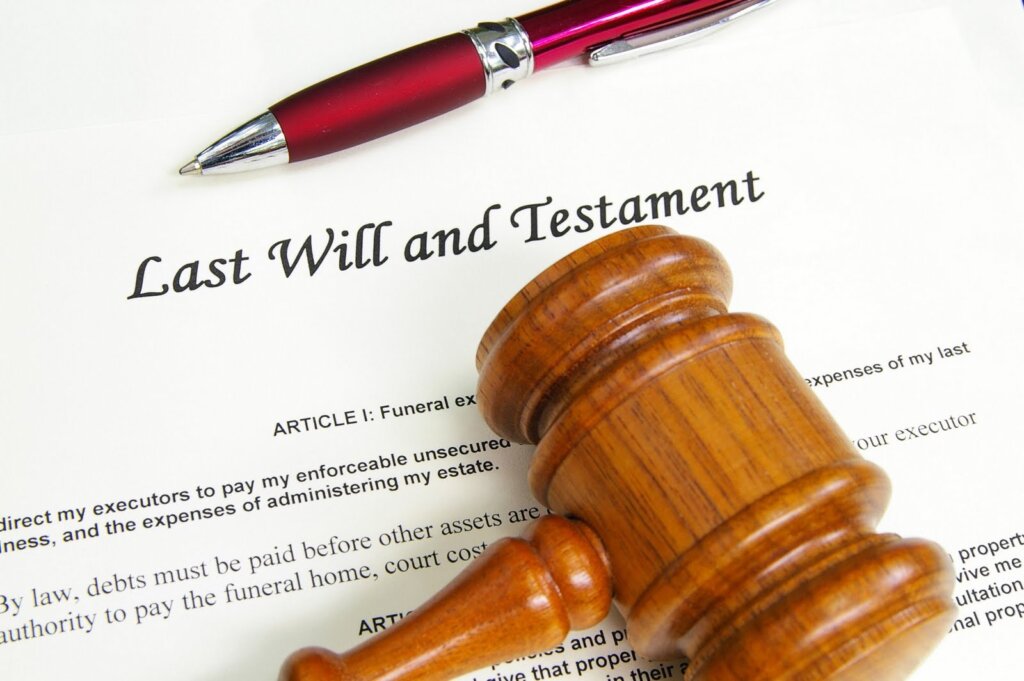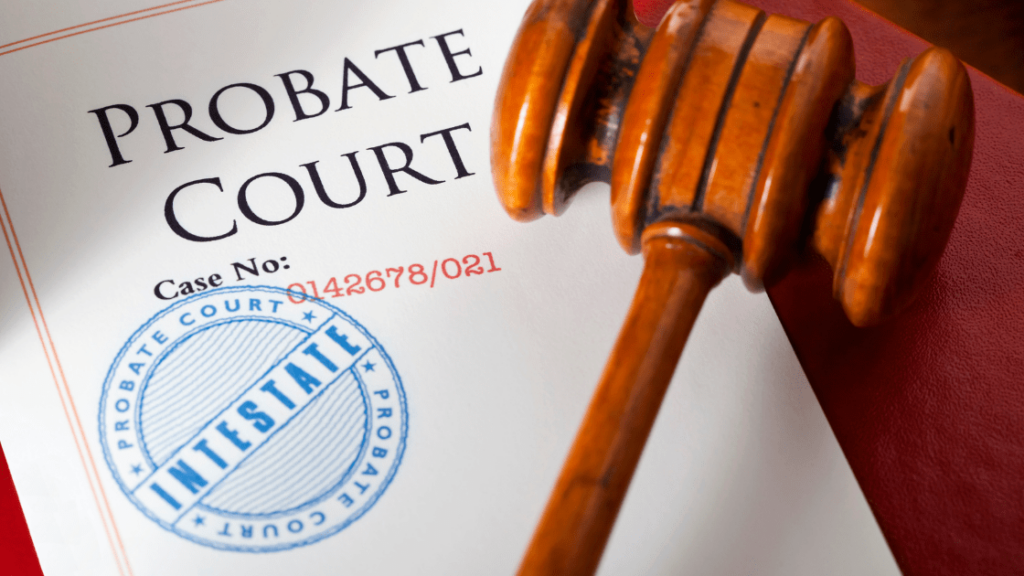Imagine this: Your loved one passes away in Cleveland, leaving behind a cozy home in Lakewood, a modest retirement account, and a lifetime of memories packed into a Shaker Heights garage. As a family member, you’re suddenly thrust into the role of sorting through their affairs—paying bills, notifying banks, and figuring out how to honor their wishes (or the law’s, if there are no wishes to follow). In Cuyahoga County, Ohio, this process falls under probate law, overseen by the Cuyahoga County Probate Court. But here’s the catch: If they had a will naming you as the handler, you’re dubbed an “executor.” No will? The court steps in and appoints an “administrator” or “personal representative.” These terms sound interchangeable, but they carry nuanced differences in appointment, authority, and when you’ll need to circle back to the court for a green light on big decisions.
If you’re searching for “Cuyahoga County executor vs administrator” or “Ohio probate personal representative duties,” you’re in the right place. This in-depth guide—tailored specifically for families navigating probate in Cleveland, Parma, and beyond—breaks down the distinctions, explores the powers each role wields, and spells out exactly when court approval is mandatory. Drawing from the Ohio Revised Code (ORC) Chapter 2113 and insights from the Cuyahoga County Probate Court, we’ll equip you with practical advice to avoid costly missteps. Whether you’re an aspiring executor in Euclid or a court-appointed administrator in Westlake, understanding these roles can save time, reduce stress, and protect the estate’s value. Let’s dive in to see differences in powers and when court approval is required.
The Basics of Probate in Cuyahoga County: Why These Roles Matter

Probate isn’t just paperwork—it’s the legal gateway to settling an estate, ensuring debts are paid, taxes settled, and assets distributed fairly. In Cuyahoga County, the Probate Court handles thousands of cases annually, from modest estates under $35,000 (which can often skip full administration) to complex ones involving real estate in high-value areas like Rocky River. The process starts with filing the death certificate and will (if any) at the court’s Justice Center downtown, typically within days of passing.
At its core, both executors and administrators serve as the estate’s fiduciary—think of them as temporary stewards with a duty of loyalty and care. Under ORC 2113.01, they’re responsible for inventorying assets, notifying heirs and creditors, filing taxes, and wrapping things up efficiently, usually within six months (though extensions are common for good cause). For Cuyahoga families, this means dealing with local nuances like filing affidavits for joint survivorship property to transfer titles without full probate, or navigating estate taxes for deaths before 2013 (when Ohio phased them out).
The big question? Who gets appointed, and what powers do they have? In testate estates (with a will), the court prioritizes the named executor. Intestate (no will)? It turns to statutory heirs for an administrator. These choices ripple through the process, affecting everything from decision-making speed to court interactions. Misunderstanding them can lead to delays, surcharges, or even removal—issues that hit harder in a county where median probate timelines stretch 9-12 months due to caseloads.
For Cleveland-area residents, local resources like the court’s e-filing system streamline starts, but the roles’ differences demand attention. An executor’s will-based flexibility might let you sell a Parma rental property swiftly, while an administrator’s court-guided path could require extra hearings. Grasping this early prevents family rifts and keeps costs down—attorney fees alone can eat 2-4% of the estate under Local Rule 71.1.
Who Is an Executor? Appointment and Initial Responsibilities in Ohio Probate

Picture Aunt Edna from Strongsville, who meticulously drafted a will leaving her beach house to you and cash to the grandkids. If she names you executor, you’re the first in line. Under ORC 2113.05, the Cuyahoga County Probate Court grants “letters testamentary” after probating the will—usually within weeks if uncontested. You must be 18+, competent, and post a bond (waivable if the will says so or assets are low-risk).
Your role kicks off with urgency: Secure the will, notify beneficiaries via certified mail, and file an application detailing the estate’s rough value. In Cuyahoga, deposit $250 in court costs upfront, and expect a hearing if challenges arise—like a disgruntled sibling contesting validity. Once appointed, you’re armed with broad duties: Gather assets (from East Side banks to West Side deeds), appraise them (professional for real estate over $10,000), and pay immediate claims like funeral bills.
Executors shine in personalization. If Edna’s will empowers you to “sell assets as needed without court order,” you can list that Strongsville home with a real estate agent or on Zillow without delay—per ORC 2113.39. Compensation? Statutory 4% on the first $100,000 of personal property, scaling down, plus extras for complexities like IRS audits. But beware: During will contests (up to three months in Ohio), your powers narrow to preservation only, per ORC 2113.21.
For Cuyahoga executors, the court’s online portal eases inventory filings (Form 13.0 due in three months), but skipping steps invites exceptions of judgment—personal liability for losses. Real talk: If you’re not local, consider a Cleveland co-executor; out-of-staters face extra scrutiny.
The Court-Appointed Administrator: Stepping In When There’s No Will

Now flip the script: Uncle Bob from Maple Heights dies unexpectedly, no will in sight. Here, the court appoints an administrator (or personal representative) under ORC 2113.06, prioritizing the surviving spouse, then adult children or next of kin who are Ohio residents. If no one steps up, the judge picks a suitable fiduciary—perhaps a bank or attorney—from a pool of applicants.
The process mirrors executors but leans heavier on court oversight. File an application (Form 2.0 in Cuyahoga) swearing no will exists, list heirs per ORC 2105.06’s intestate rules (spouse gets first $20,000 plus half, kids split the rest), and serve notice on priorities. Bond is standard unless waived, and letters of authority issue post-hearing—often faster for small estates under $35,000, releasable via affidavit.
As administrator, your playbook is statutory, and not to the administrator whims. Collect assets (same as executors), but distributions follow Ohio’s heirship ladder—no cherry-picking like a will might allow. Duties include publishing creditor notices in the Cleveland Plain Dealer (three weeks, per ORC 2113.03) and settling claims within six months.
In Cuyahoga, administrators handle a surge of intestate cases—about 40% of filings—making efficiency key. Fees match executors’, but without will guidance, expect more court trips for sales or partial payouts. A Maple Heights admin might appraise Bob’s toolshed via county assessor data, but undervaluing invites heir lawsuits.
Key Differences in Appointment: Executor vs. Administrator in Cuyahoga County

Appointment is the starkest divide. Executors derive legitimacy from the will: If named, you get first dibs, with the court rubber-stamping suitability (no felonies, no conflicts). In Cuyahoga, probate the will within 30 days; delays trigger penalties up to $500. Refusal? The court taps co-executors or “with will annexed” admins.
Administrators, conversely, emerge from court discretion. No will means a priority queue: Spouse trumps all, but if they’re unwilling (say, overwhelmed by grief), kids apply next. Cuyahoga’s judge weighs residency—non-Ohioans need local agents—and may appoint pros for contentious families, like those in diverse Parma with blended heirs.
Timeline-wise, executors launch quicker (1-2 weeks post-probate), while admins wait for heir notices (up to 30 days). Both need bonds (5-10% of estate), but wills often waive them. Cost? Identical $250 deposit, but intestate estates rack up more ads and hearings.
Hypothetical: In a testate Lyndhurst estate, you as executor bypass heir squabbles. Intestate? Court mediation ensues, delaying by months. These gaps underscore why wills prevent chaos—yet 60% of Cuyahoga decedents die without one.
Powers and Duties: Where Executors and Administrators Diverge

Powers overlap 90%: Both marshal assets, pay debts (priority: family allowance first, per ORC 2106.13), file fiduciary taxes (Form 1041), and distribute remnants. In Cuyahoga, expect inventory appraisals by licensed pros—$300-500 for a Bedford home—and annual accountings via the court’s portal.
But here’s the rub: Executors’ authority stems from the will, granting extras like independent sales (ORC 2113.39) or business continuation without hearings. A will might let you lease a decedent’s Downtown loft for income, dodging court. Administrators? Tied to statute—sales need orders unless minor (under $10,000 personalty).
Duties differ subtly: Executors honor bequests precisely (e.g., “Grandma’s ring to Cousin Sue”), risking surcharge for deviations. Admins apply formulas—spouse/kids split equally— but face equal scrutiny for waste. Both liable for double damages on mismanaged assets (ORC 2113.34), yet executors enjoy will-shielded discretion.
In practice, Cuyahoga pros note minimal gaps post-appointment; both wrap in 6-18 months. But for real estate-heavy estates (common in county burbs), executors’ flexibility shines—selling a Bay Village cottage sans auction saves 5-7% in fees.
When Must Executors or Administrators Seek Court Approval? A Cuyahoga Guide

Court oversight is probate’s guardrail, but frequency varies by role. Both file inventories (90 days) and final accounts (30 days post-close), audited publicly. Partial distributions? After five months, if claims secured—order required for both (ORC 2113.54).
Executors dodge more: Will-authorized sales? No hearing— just report proceeds. Borrowing for repairs? Independent if will-granted. But contests freeze you to basics (collect, preserve), needing orders for sales (ORC 2113.21).
Admins, sans will, hit court harder: Every real estate sale demands a complaint, hearing, and confirmation—public auction if bids lag (ORC 2127.01 et seq.). Continuing a decedent’s sole prop business? Four months max, then petition for extension with monthly reports (ORC 2113.30). In Cuyahoga, this means Justice Center filings; e-service speeds it, but delays snag 20% of cases.
Triggers for both: Tax disputes (petition for apportionment, ORC 2113.87), minor/incompetent heirs (guardian ad litem), or creditor challenges. Final close? Motion to terminate, with waivers from heirs—denied if unfiled claims lurk. Pro tip: Document everything; audits last four years.
Cuyahoga twist: Local Rule 64 mandates mediated settlements for disputes, cutting approval waits. For a $200k Beachwood estate, an executor’s quick sale skips this; admin’s? Two hearings minimum.
Practical Tips for Cuyahoga Families: Avoiding Probate Pitfalls
Start with a will—avoid admin roulette. Hire a Cleveland probate attorney early ($250-400/hour) for filings; self-reps risk errors. Use the court’s free seminars at the Justice Center.
Common traps: Undervaluing assets (triggers reappraisal), ignoring Medicaid liens, or early distributions (surcharge bait). For hybrid roles (admin with will annexed), blend powers carefully.
Resources: Cuyahoga Probate’s estates page for forms; Ohio Bar’s LawFacts for basics. In diverse county hoods like Slavic Village, cultural heir sensitivities amplify needs for neutral admins.
These guidelines are based upon Ohio Revise Code (ORC) and therefore are applicable to all Ohio Counties (Summit, Medina, Lorain, Lake, etc.) not just to Cuyahoga County.
